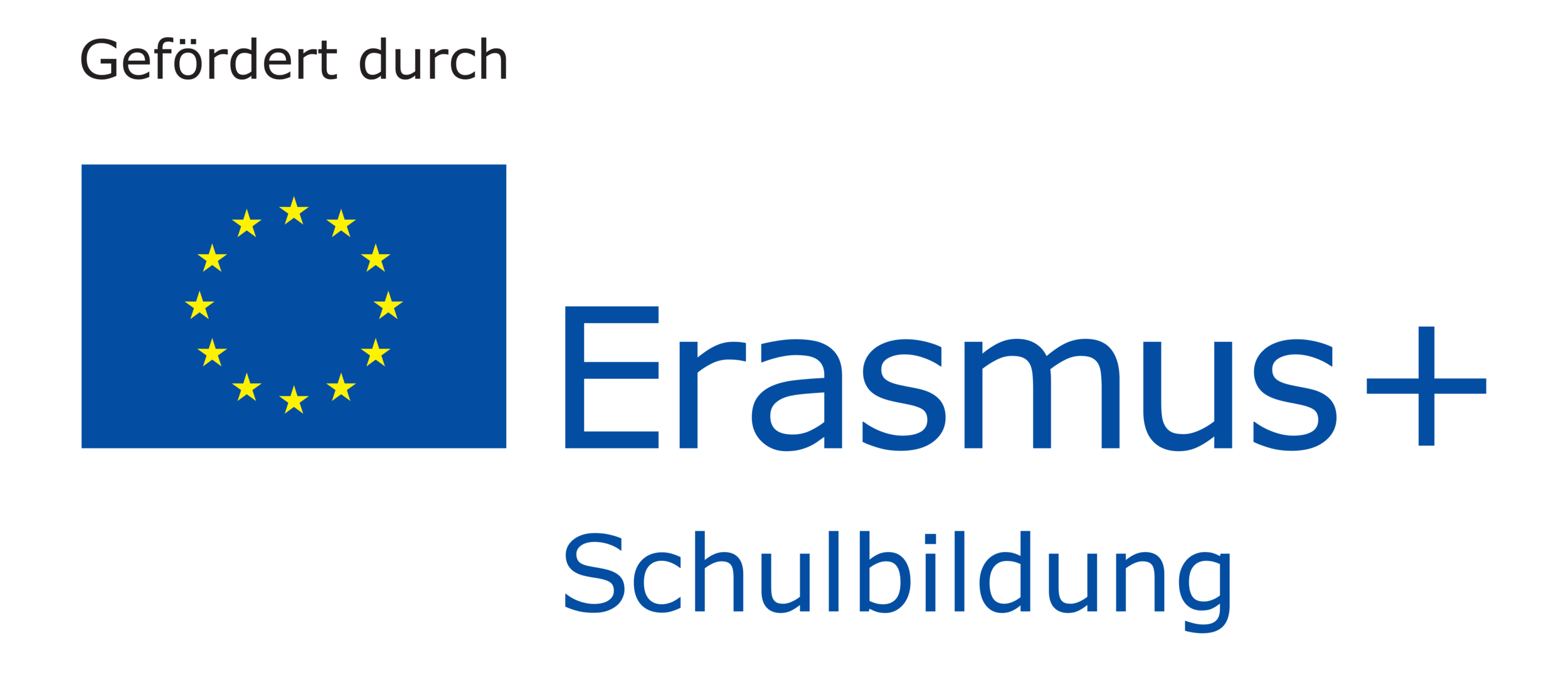Sources- Prosilience
Abrams, A. (2017). 9 Sleep Habits From Around the World. TIME.
Allen, K. E., & Cowdery, G. E. (2005). The exceptional child: Inclusion in early childhood education. Clifton Park, NY: Thomson/Delmar Learning.
Böhm, W., & Hehlmann, W. (2000). Wörterbuch der Pädagogik. Stuttgart: A. Kröner.
Bandura, A. (1997). Self-efficacy: The exercise of control. New York, NY, US: W H Freeman/Times Books/ Henry Holt & Co.
Benard, B. (1995). Fostering Resilience in Children. Washington: Eric Digest.
Berk, L. E. (1995). Scaffolding children's learning: Vygotsky and early childhood education. Washington: National Association for the Education of Young Children.
Blakemore, S.-J. &. (2005). The learning brain: Lessons for education. Malden: Blackwell Publishing.
Braukhane, K., & Knobeloch, J. (2011). Das Berliner Eingewöhnungsmodell- Theoretische Grundlagen und praktische Umsetzung. Berlin: KITA Fachtexte.
Bredekamp, S. (1993). Reflections on Reggio Emili. Young Children, 49 (1), 13-17.
Brooker, L., & Woodhead, M. (2008). Developing positive identities. Milton Keynes: The Open University.
Comission, A. H. (2019, March 15). www.humanrights.gov.au. Retrieved from https://www.humanrights.gov.au/sites/default/files/buildingbelonging-2016.09.16-Educator-Guide.docx
Crouch, S., Waters, E., McNair, R., Power, & Davis, E. (2014). Parent-reported measures of child health and wellbeing in same-sex parent families: a cross- sectional survey. MC Public Health.
Crouch, S., Waters, E., McNair, R., Power, J., & Davis, E. (2012). ACHESS – The Australian study of child health in same-sex families: background research, design and methodology. BMC Public Health.
Cummins, J. (2001). Negotiating identities: Education for empowerment in a diverse society(2nd ed.). Los Angeles: California Association for Bilingual Education.
Diesfield, K. R. (2015). What makes a 'Competent Child'? [Abstract]. The New Zealand Medical Journal, 1426, 128.
Graf, D., & Seide, K. (2018). Das gewünschteste Wunschkind aller Zeiten treibt mich in den Wahnsinn - Gelassen durch die Jahre 5 bis 10. Weinheim: Beltz Verlag.
Graf, D., & Seide, K. (2019). Das gewünschteste Wunschkind aller Zeiten treibt mich in den Wahnsinn - Der entspannte Weg durch Trotzphasen. Weinheim: Beltz.
Hall, E. T. (1976). Beyond culture.
Hoopes, L. (2017). Prosilience: Building Your Resilience for a Turbulent World. Dara Press.
Housman, D. (2017, November 28). The importance of emotional competence and self-regulation from birth: a case for the evidence-based emotional cognitive social early learning approach. International Journal of Child Care and Education Policy. Retrieved from https://doi.org/10.1186/s40723-017-0038-6
Innis, G. (2018, February 11). Social emotional competence: an important protective factor – Part 6. Retrieved from MSU Extension: http://msue.anr.msu.edu/news/social_emotional_competence_an_important_protective_factor_part_6
Juul, J. (2011). Your competent child: toward a new paradigm in parenting and education. Bloomington: Balboa press.
Kidder, T. (1990). Among School Children. New York: Avon.
Kron, F. W., Jürgens, E., & Standop, J. (2013). Grundwissen Pädagogik. München Basel: Ernst Reinhardt Verlag.
Luthar, S., & Cicchetti, D. (2000). The Construct of resilience: Implications for Interventions and social policies. Developmental Psychopathology 12, 857-885.
Lynch, E. W., & Hanson, M. J. (1992). Developing cross-cultural competence: A guide for working with young children and their families. Baltimore: Paul H. Brookes Publishing.
Månsson, A. (2008). The construction of “the competent child” and early childhood care: Values education among the youngest children in a nursery school. EDUCARE, 21-41.
Masten, A. S., & Powell, J. L. (2003). Resilience and Vulnerability: Adaptation in the Context of Childhood Adversities. New York: Cambridge University Press.
Nations, T. U. (1989). Convention on the Rights of the Child. Treaty Series.
Nations, T. U. (2006). Convention on the Rights of Persons with Disabilities. Treaty Series, 2515, 3.
Owens, J. (2011). Introduction: Culture and Sleep in Children. PEDIATRICS Vol. 115.
Policy, C. f. (2018, February 10). Social-Emotional Competence of Children. Retrieved from [study facts]: https://www.cssp.org/reform/strengthening-families/2013/SF_Social-Emotional-Competence-of-Children.pdf
Rosenberg, M. B. (2003). Nonviolent communication: A language of life. Encinitas, CA: PuddleDancer Press.
Seery, M., Holman, E., & Silver, R. (2010). Whatever does not kill us: cumulative lifetime adversity, vulnerability, and resilience. J Pers Soc Psychol. .
Siegel, D. J. (2014). No-drama discipline: The whole-brain way to calm the chaos and nurture your child's developing mind. New York: Bantam.
Siegel, D. J. (2018). The yes brain: How to cultivate courage, curiosity, and resilience in your child. New York: Bantam.
Staley, L. (1998). Beginning to Implement the Reggio philosophy. Young Children, 53 (5), 20-25.
Thagard Ph. D., P. (2019, February 12). psychologytoday.com. Retrieved from Better Than Resilient – Prosilient: https://www.psychologytoday.com/us/blog/hot-thought/201308/better-resilient-prosilient
tolerance, T. (2019, March 19). tolerance.org. Retrieved from TEACHING TOLERANCE A GUIDE FOR TEACHERS A Project of the Southern Poverty Law Center: https://www.tolerance.org/sites/default/files/2017-06/Speak_Up_at_School.pdf
Tomlins, J. (2018, March 17). http://www.rainbowfamilies.com.au. Retrieved from https://static1.squarespace.com/static/551f12b9e4b04cf2fe218aee/t/58a7d845b3db2bfa5de26831/1487394892498/Rainbow_Families_A5_final_onlineschoolsupportguide.pdf
Unicef. (2018, February 20). Fact Sheet: The right to participation. Retrieved from [Fact Sheet]: https://www.unicef.org/crc/files/Right-to-Participation.pdf
Viehhauser, M. (2010). Rezension von: Seichter, Sabine: Pädagogische Liebe, Erfindung, Blütezeit, Verschwinden eines pädagogischen Deutungsmusters. EWR 9, Nr 3: Paderborn: Schöningh 2007.
Webster, A. A. (2007). Social relationships and friendships of children with developmental disabilities: Implications for inclusive settings. A systematic review. . Journal of Intellectual & Developmental Disability, 200-213.
Wertlieb, D. (2018). Inclusive early childhood development (IECD): A twin-tracking approach to advancing behavioral health and social justice. American Journal of Orthopsychiatry.

